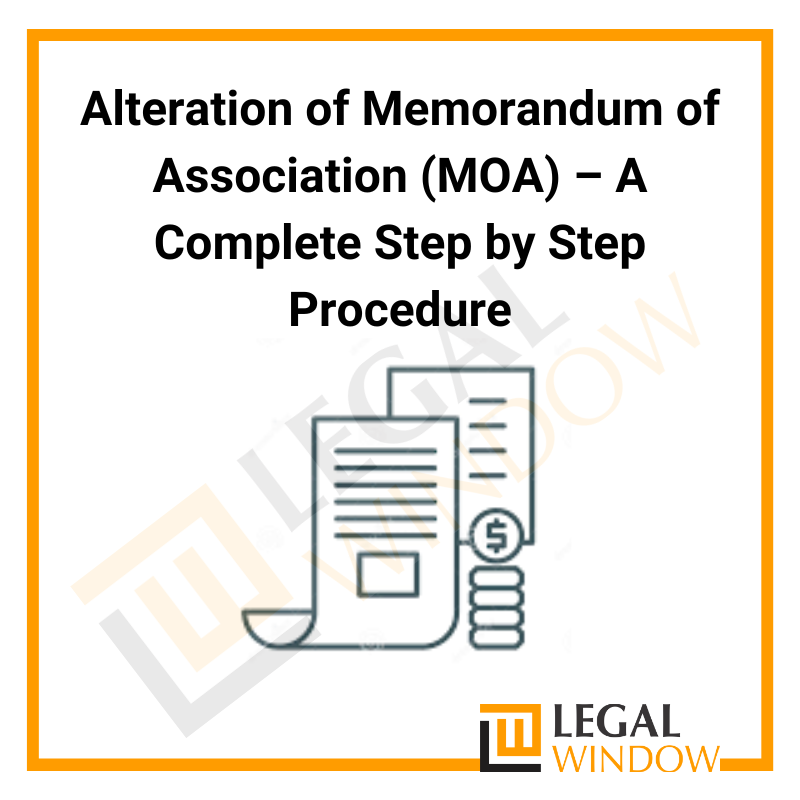Latest Post and Updates

Memorandum of Article is a vital document for the Company, which provides the Scope, objectives, and limitations of it. It lays down the framework within which the company operates, and any changes to the MOA can have far-reaching consequences for the company and its stakeholders. An alteration of the MOA…
Debentures are a form of long-term debt instrument issued by a company to raise funds from the public. It is a popular financing tool used by companies for various purposes, including capital expenditure, expansion plans, and debt refinancing. Debentures are a crucial aspect of the corporate world, and their issuance…
Transfer and Transmission of Securities refer to the legal process of transferring ownership of stocks, bonds, and other financial assets from one party to another. It is a crucial aspect of the financial industry, as it enables investors to buy and sell securities in a transparent and secure manner. In…
When a company announces that it will be issuing dividends, it's known as a dividend declaration. Dividends are a distribution of a company's profits to its shareholders. A dividend declaration is the process through which a company announces its intention to pay dividends to its shareholders. Dividends are a way…
A Private Limited Company is a popular form of business organization that is widely used across the world due to its various advantages like limited liability, ease of transferability of shares, and perpetual existence. However, companies may need to change their address due to various reasons like expansion of business,…
Changing the name of a company is a common phenomenon in the world of business. A company may decide to change its name for many reasons likewise a change in ownership, rebranding, or to better reflect its goods/ services. However, the process of changing company’s name includes certain legal…
The Auditor’s appointment is a vital procedure for a company as it makes sure about the transparency and accuracy of the company’s financial statements. An auditor is an independent professional who is appointed to measure the company’s financial statements. An auditor is a one who express an opinion on whether…
The Issue of Sweat Equity Shares is a common practice among companies that want to incentivize their employees and retain key talent. Sweat equity shares refer to shares issued by a company to its employees at a discounted price or for consideration other than cash. The Companies Act, 2013 regulates…
GDR (Global Depository Receipts) has become a popular way for companies to raise capital and increase their visibility in international markets. GDRs allow companies to raise funds in a foreign currency without having to comply with the regulatory requirements of that country. In this article, we'll take a closer look…
Goods and Services Tax (GST) is a destination-based tax system that replaced various indirect taxes in India. Under the GST regime, every registered person is required to file regular returns and comply with the tax provisions. However, in case of death or dissolution of the registered person, certain liabilities arise…
Categories
- Agreement Drafting (23)
- Annual Compliance (11)
- Change in Business (36)
- Company Law (148)
- Compliance (90)
- Digital Banking (3)
- Drug License (3)
- FEMA (17)
- Finance Company (42)
- Foreign Taxation (6)
- FSSAI License/Registration (14)
- GST (119)
- Hallmark Registration (1)
- Income Tax (200)
- Latest News (34)
- Miscellaneous (164)
- NBFC Registration (8)
- NGO (14)
- SEBI Registration (6)
- Section 8 Company (7)
- Start and manage a business (21)
- Startup/ Registration (130)
- Trademark Registration/IPR (40)










